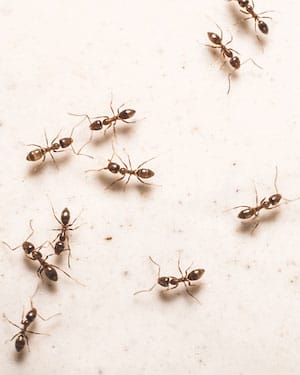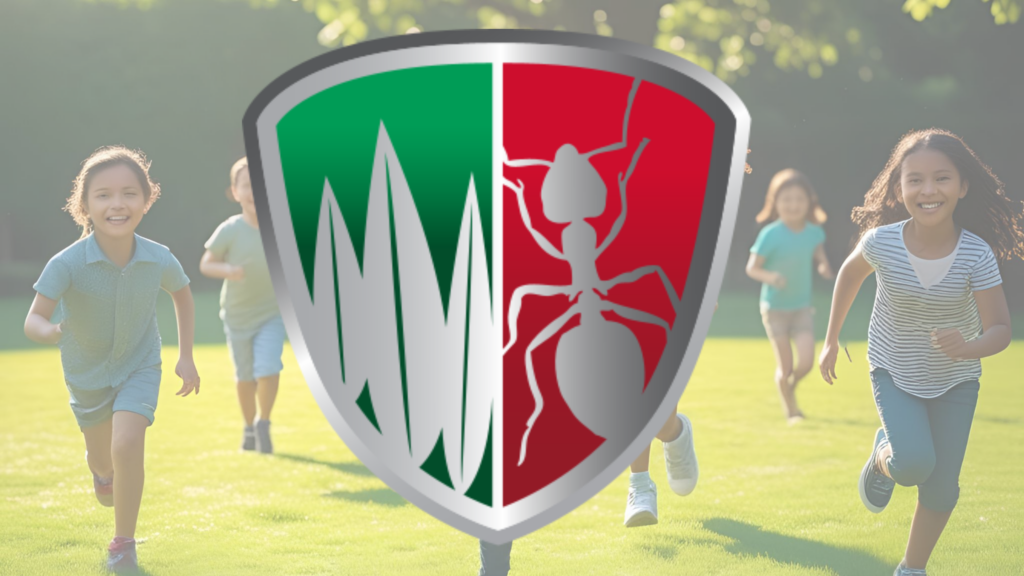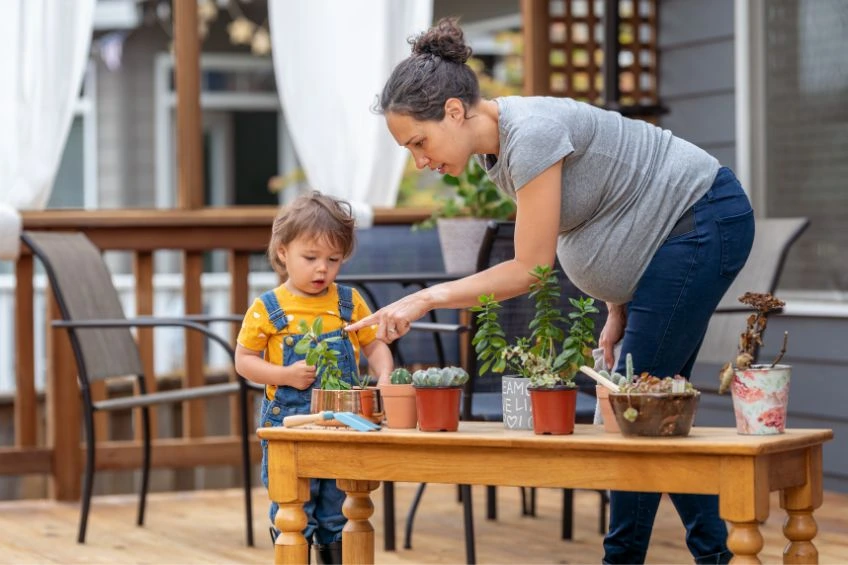While we’re finally heading outside to enjoy spring weather and activities, ants are heading inside. As temperatures rise, you may notice these tiny pests around doors, windows, or other entry points as they seek a steady supply of food and water. Here are tips for ant-proofing your home before you have a serious infestation.

Seal openings
Blocking all of the routes ants use to get into your home is one of the most important things you can do to prevent an ant infestation:
- Use a silicone-based caulk to seal cracks and crevices around your home
- Check weather stripping and replace it if needed
- Repair any loose mortar around your foundation
Trim vegetation
Shrubbery, trees, vines, and other plants that make contact with the exterior of your home provide easy highways for ants and other types of pests. Keep them trimmed back with plenty of space between them and your house.
Keep a tidy home
“The best approach to ant control in the home is cleanliness,” according to this ant fact sheet from the University of Florida’s Institute of Food and Agricultural Sciences. Ants have impressive abilities when it comes to finding food in your home. When one ant finds a food source, it leaves chemical trails that help other ants in the colony locate it, too. Your best defense is to wipe countertops and sweep floors frequently to remove crumbs or spill residue. Also, store ripe fruit in the refrigerator, keep food in sealed containers, and regularly dispose of garbage.
Repair leaks and control water flow
Ants are attracted to any moisture they can find, both inside and outside of your home. Check to ensure that your gutters and downspouts are directing water away from your home’s foundation, and check under kitchen and bathroom sinks for the presence of condensation or leaking pipes.
Clean up after Fido
Pets’ water and food bowls are often overlooked as a source of pest problems. Keep their bowls clean and promptly get rid of any water or spilled food around them. Also, transfer dry pet food from the bags they come in to sealed plastic containers.
Call in the ant extermination pros.
According to the National Pest Management Association, ants are the number one pest problem for which homeowners rely on licensed pest control professionals. An ant infestation can be hard to stop: If spring is bringing you unwanted ant guests, get in touch to learn about our affordable and effective pest control services today.



